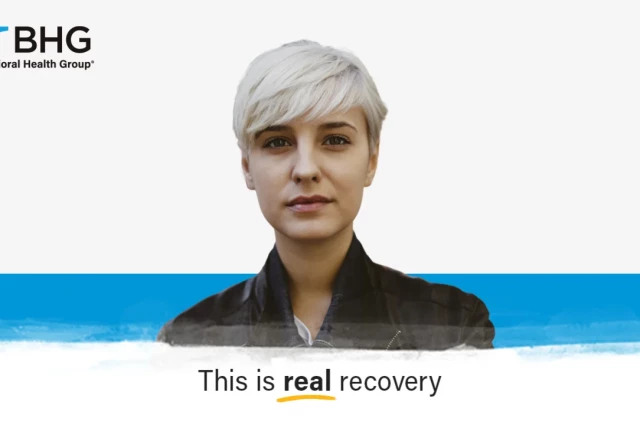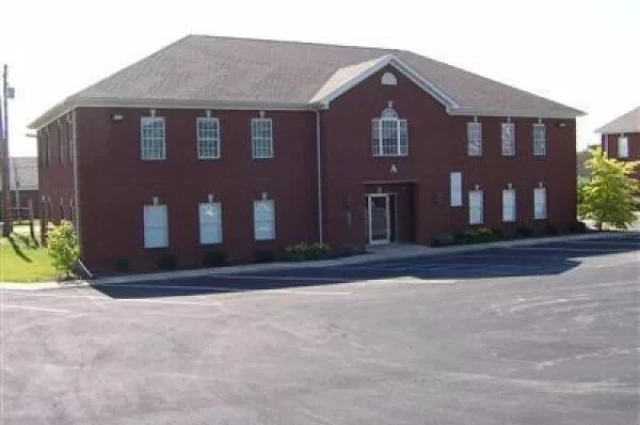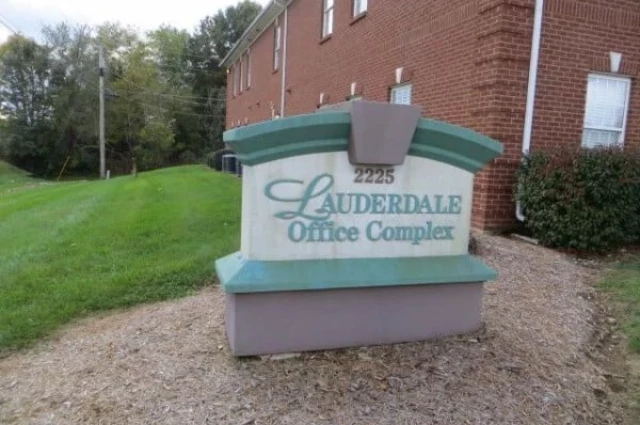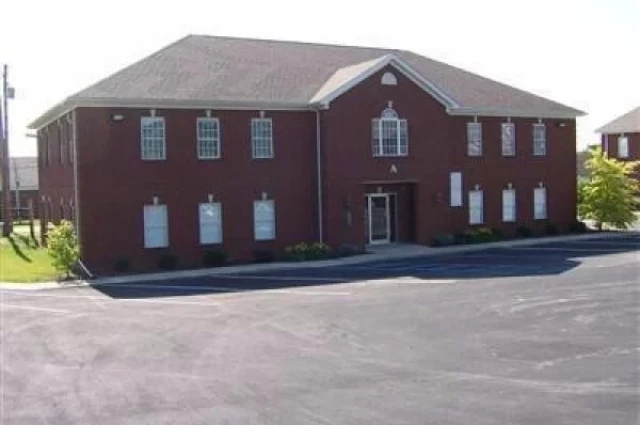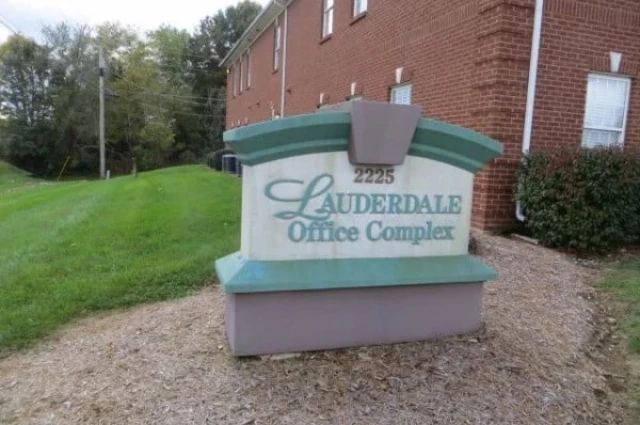Center for Behavioral Health Information
Treatment
Who We Treat
- Young Adults (18–25)
- Male and Female
- Veterans
- Professionals
Treatment Focus
- Prescription Drugs
- Co-Occurring Disorders
- Opioids
- Medication-Assisted Treatment
Approaches
- Evidence-Based
- Personalized Treatment
- Individual Treatment
Substances We Treat
- Prescription Drugs
- Opioids
- Heroin
- Synthetic Drugs
Languages
- English
Aftercare
- Outpatient Treatment
- Relapse Prevention Planning
- Support Meetings
Level of Care
- Day Treatment
- Outpatient
- Co-Occurring Mental Health
Accreditations
-
State mental health department
State mental health department accreditation refers to the process of evaluating and certifying the quality and standards of a state's mental health department, ensuring that it provides high-quality services and meets specific criteria for mental health care. The accreditation process is performed by a third-party organization and helps to improve the overall care and treatment of individuals with mental health conditions.
-
State department of health
Government agencies issue State Licenses, granting permission to rehabilitation organizations to conduct their business operations lawfully within specific geographic regions. Generally, the particular rehabilitation programs offered by a facility and its physical location dictate the necessary licenses needed for legal operation.

-
Commission on Accreditation of Rehabilitation Facilities (CARF)
CARF accreditation is a prestigious recognition granted to rehabilitation and human service organizations. It signifies that an organization meets high-quality standards, having undergone a rigorous evaluation process. CARF accreditation boosts an organization's credibility and ensures top-notch care for individuals with disabilities, injuries, or healthcare needs.

-
SAMHSA certification for opioid treatment program (OTP)
SAMHSA's Opioid Treatment Programs (OTPs) accreditation is a rigorous recognition process that signifies an OTP's commitment to providing high-quality care for individuals dealing with opioid use disorders. It assures patients, families, and the community that the program adheres to evidence-based practices, employs qualified staff, and maintains a safe treatment environment. This accreditation is a symbol of quality and accountability, offering confidence in the program's ability to support individuals on their path to recovery from opioid addiction.
-
Drug Enforcement Agency (DEA)
DEA accreditation refers to the process by which a law enforcement agency is recognized by the Drug Enforcement Agency (DEA) as having met specific training, operational, and resource requirements necessary to participate in DEA-led drug enforcement efforts. This accreditation allows the agency to perform DEA-related tasks such as conducting investigations, executing federal search warrants, and participating in joint task forces.
Center for Behavioral Health Accepts The Following Insurance Plans
Find the best treatment options. Call our free and confidential helpline today!
